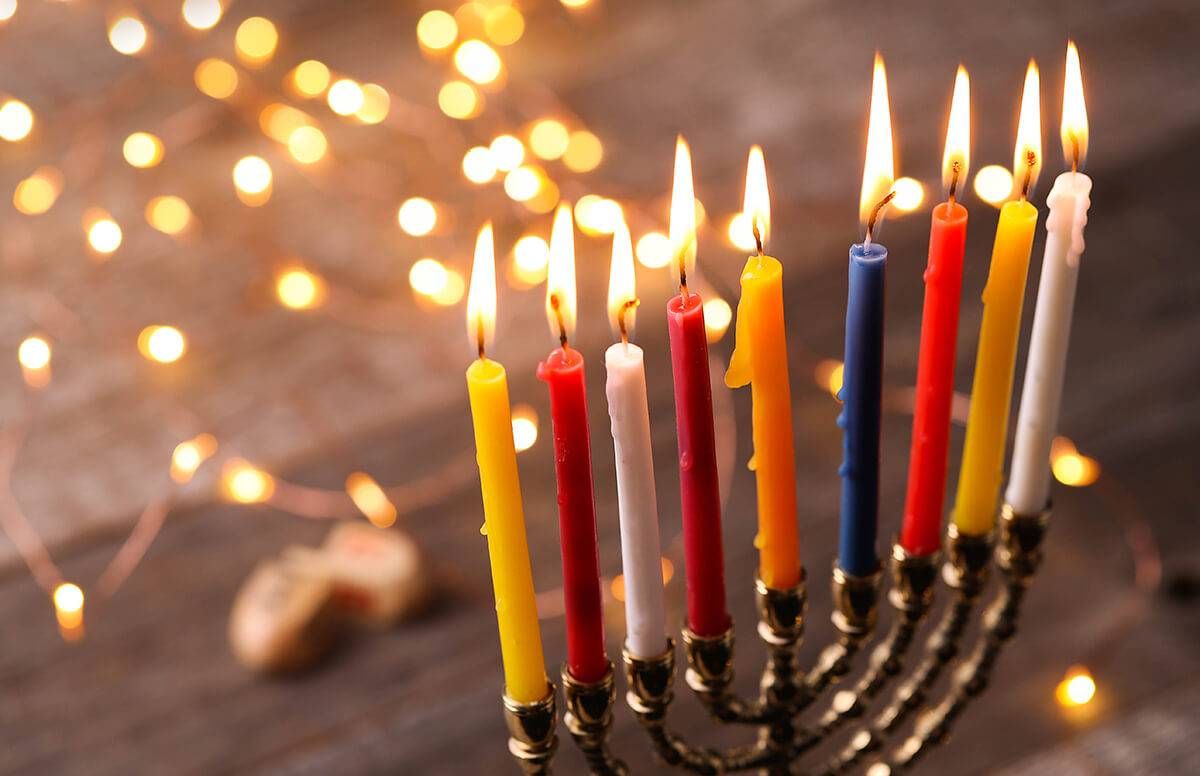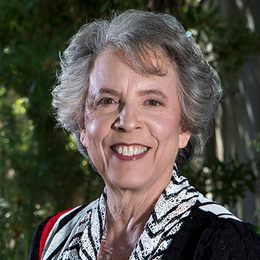Why Rituals and Traditions Matter
Investing meaning through rituals can transform lives
A 55-year-old women called me on the way to clean out her parents’ apartment just after she and her brother had moved their mother into an assisted living facility. “Rabbi, what is the prayer you say when you begin to close up the home you grew up in?” My response? Yes! There should be a prayer.

This was certainly not a “traditional” life cycle moment, but it was a powerful one. The answer was not in any standard clergy handbook … yet. For the adult children, creating the right prayer and saying it together before they began to dismantle the home transformed their experience from a chore to a sacred act.
All religious traditions mark important moments in the “life cycle.” Birth, entrance into the religious community, adolescence, marriage, and then … death? For most of us, there are a lot of healthy energetic years between the stage of creating families and building our careers, and death. What about the moments of transformation in this stage as well? If a moment isn’t marked, it isn’t seen as significant. Traditionally, rituals mark those important moments when a community wants both to reflect and to teach what is important to its members. To ignore those moments increases the sense of invisibility that so often plagues us as we grow older. But if we invest meaning through ritual into life moments that matter to us, then over time, what matters to our communities will begin to change as well.
Creating Authentic Rituals
What tools, resources or perspectives do our traditions offer us to acknowledge that there is something beyond our own personal story that links us to community, to meaning, to self-actualization, and even, at least for some of us, to the Transcendent? How can we create rituals that “work,” that feel legitimate and authentic?
A good place to start is to reframe some of the prayers and symbols that are already part of our religious traditions.
For Jews, that might suggest publicly reciting a version of the traditional prayer for a journey before beginning a new adventure. Or, after the death of a spouse, incorporating the traditional blessing upon hearing sad news into a ritual centered around removing a wedding ring, could surround us with support and help us move forward. When, where, with whom as witnesses, and with what ritual objects (candles/wine/ spices/instruments) all become important questions in making these rituals empowering and authentic.
Traditional Stories as a Starting Point
Other ingredients might be stories from our tradition and the questions those stories raise for us. The biblical story of Abraham and Sarah is a good example. God calls Avram (not yet Abraham) and Sarai (not yet Sarah) “to go from your land, your birth place, your parents’ home to a place where God will show you … and you will be a blessing.” Avram and Sarai were older adults when they were “called” with the promise that if they ventured out from their safe and familiar home to an unknown place, their new journey would end with their becoming a blessing. That story could be a starting point for reflection to help frame new rituals for this next stage.
At the moment God calls to them, their names are changed to Abraham and Sarah by adding the letter “hey,” one of the names of God. We can ask ourselves: in what ways am I being “called” at this stage? What is the invitation I feel at this moment? How is my name changing at this stage in my life? From mother to mother-in-law? From parent to grandparent? From full-time professional to retiree? From spouse to widow or widower? From child to orphan? As we prepare to create new rituals, do we want to acknowledge our new names? What new names are we willing to own? Elder? Senior? Seasoned?
Consider a Covenant
Another element of this story is the description of the new covenant that Abraham and Sarah make with God. So perhaps a covenant, a promise, could be another ingredient to add to the mix of options. With whom is our covenant? With God, perhaps, or with ourselves, or with our families, or with those who will live after us? One version of this new covenant might be to recover the long-standing tradition of writing an ethical will, now often referred to as a “legacy letter” … writing and then sharing a letter to our children, friends and/or community about what our values are, what we have learned to be true, how we want to be remembered, and what we hope our legacy will be.
Why is this important? Because ritual can help us unlock the potential of this new stage to connect us both to our traditions and to our authentic selves by reminding us what really matters. We are transformed as we transform our communities. We model wise aging. And we become a blessing.
(Next Avenue invited our 2017 Influencers in Aging to blog about the one thing they would like to change about aging in America. This article is adapted from the book Getting Good at Getting Older: A Jewish Catalog for a New Age, by Richard Siegel and Rabbi Laura Geller.)


